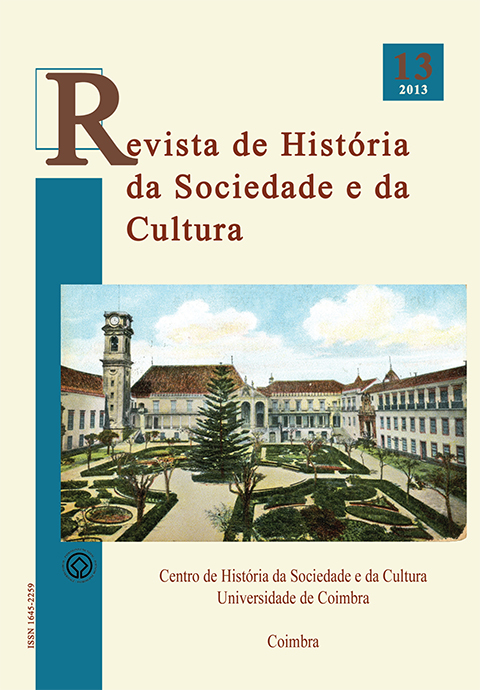Doutrinas e profilaxia da tuberculose em Portugal nos finais do século XIX
DOI:
https://doi.org/10.14195/1645-2259_13_15Keywords:
Tuberculosis, Medicine, Contagion, Heredity, ProphylaxisAbstract
Today tuberculosis is regarded as an infectious and contagious disease. However until de late nineteenth century endured two opposing doctrines, the heredity and the contagion. Even before the Pasteurian revolution and laboratory evidences about the infectiousness and contagiousness demonstrated by Villemin (1865) and Koch (1882), the Portuguese medical community delayed to accept contagion of tuberculosis and stayed faithful to the doctrine of heredity. The consequences of that question resulted, besides the wrong training of doctors, in the delay of prophylactic campaigns in a poor country and harassed by tuberculosis, which was the first cause of death in Portugal. This paper aims to discuss a theme of old Portuguese medicine, in particular the difficult acceptance of the doctrine of contagiousness of tuberculosis and its influence in the organized prevention.
Downloads
Downloads
Published
Issue
Section
License

This work is licensed under a Creative Commons Attribution 4.0 International License.
Authors retain copyright and grant the journal right of first publication with the work simultaneously licensed under a Creative Commons Attribution License that allows sharing the work with recognition of authorship and initial publication in Antropologia Portuguesa journal.











